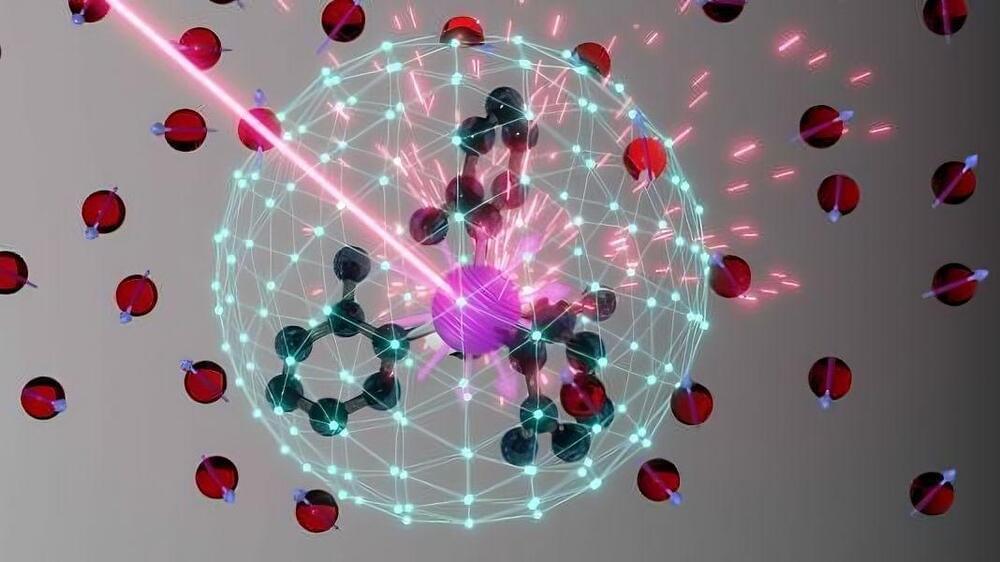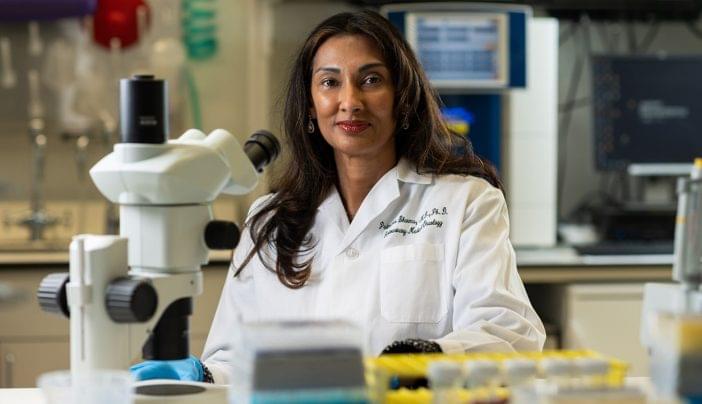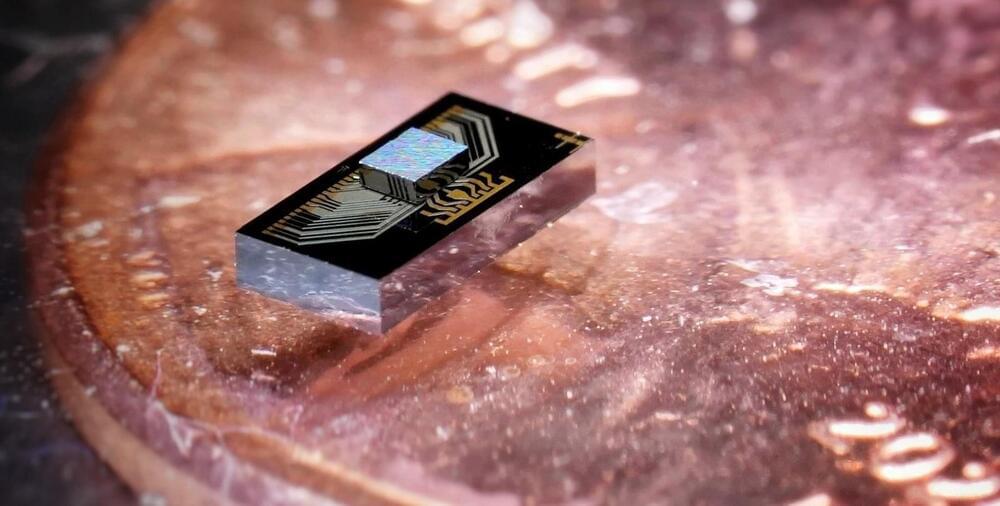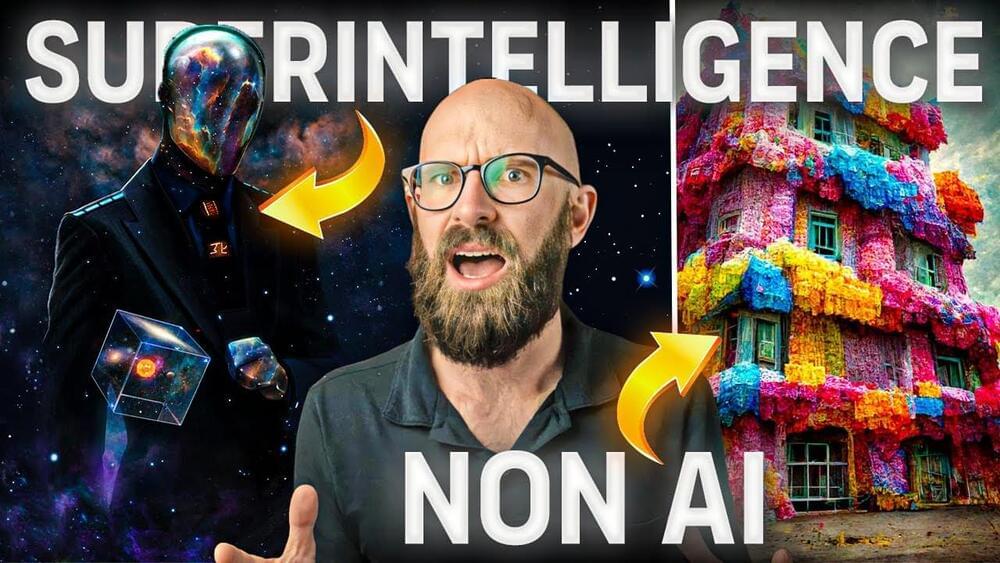Nov 27, 2022
Quantum Breakthrough: Scientists Extend Qubit Lifetimes
Posted by Saúl Morales Rodriguéz in categories: innovation, quantum physics
Stability in Asymmetry By breaking the symmetry of their environment, scientists demonstrate a new technique for extending the length of time qubits can retain information. What happened Scientists have shown that by changing the surrounding crystal’s structure to be less symmetric, they may prolong the lifetime of a molecular qubit.

















